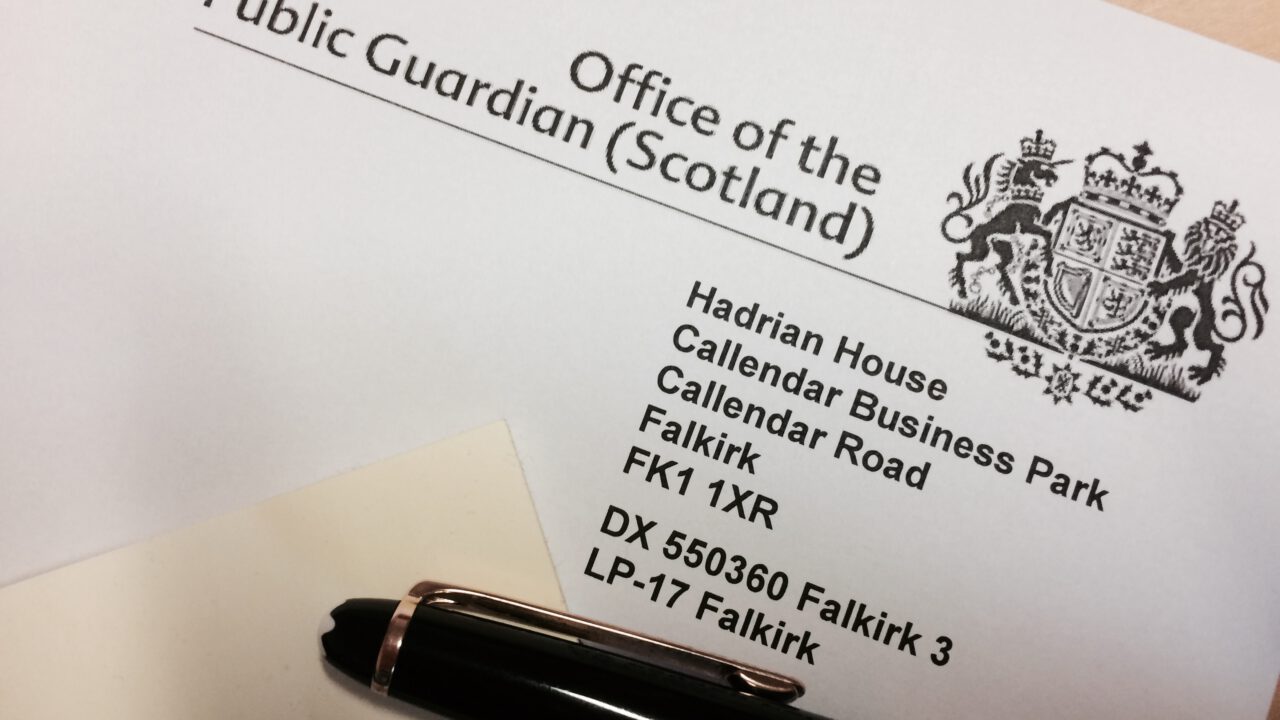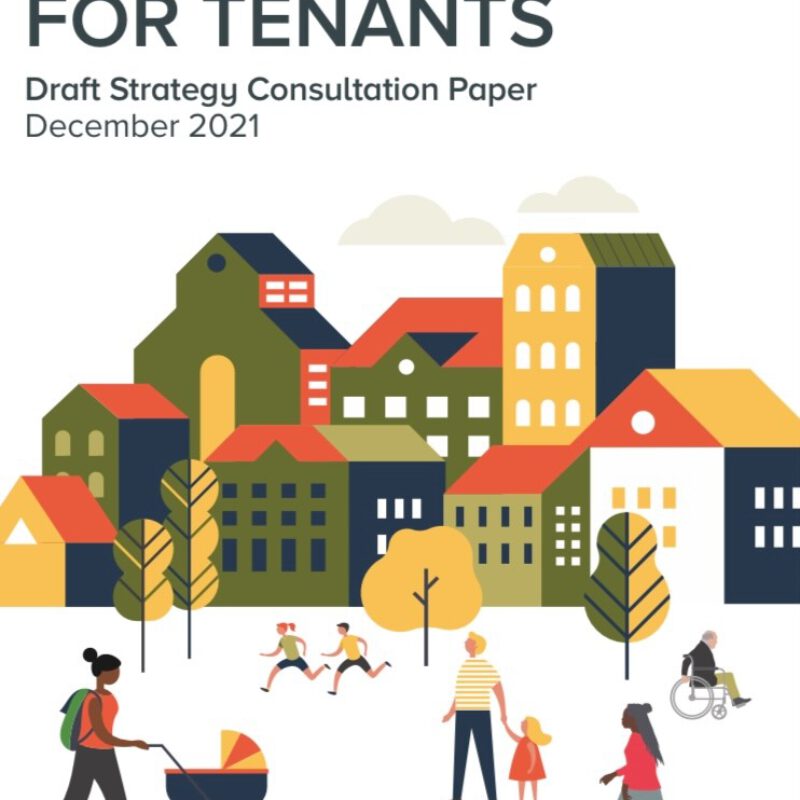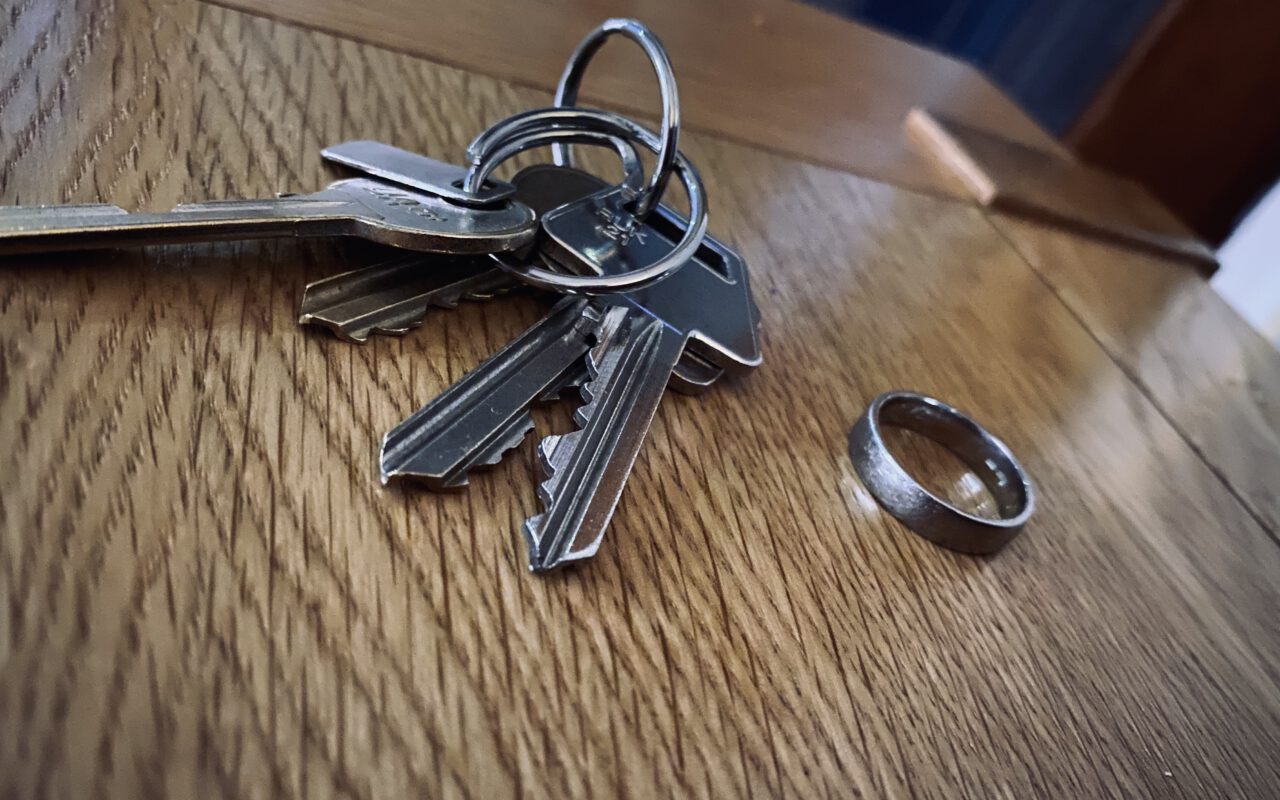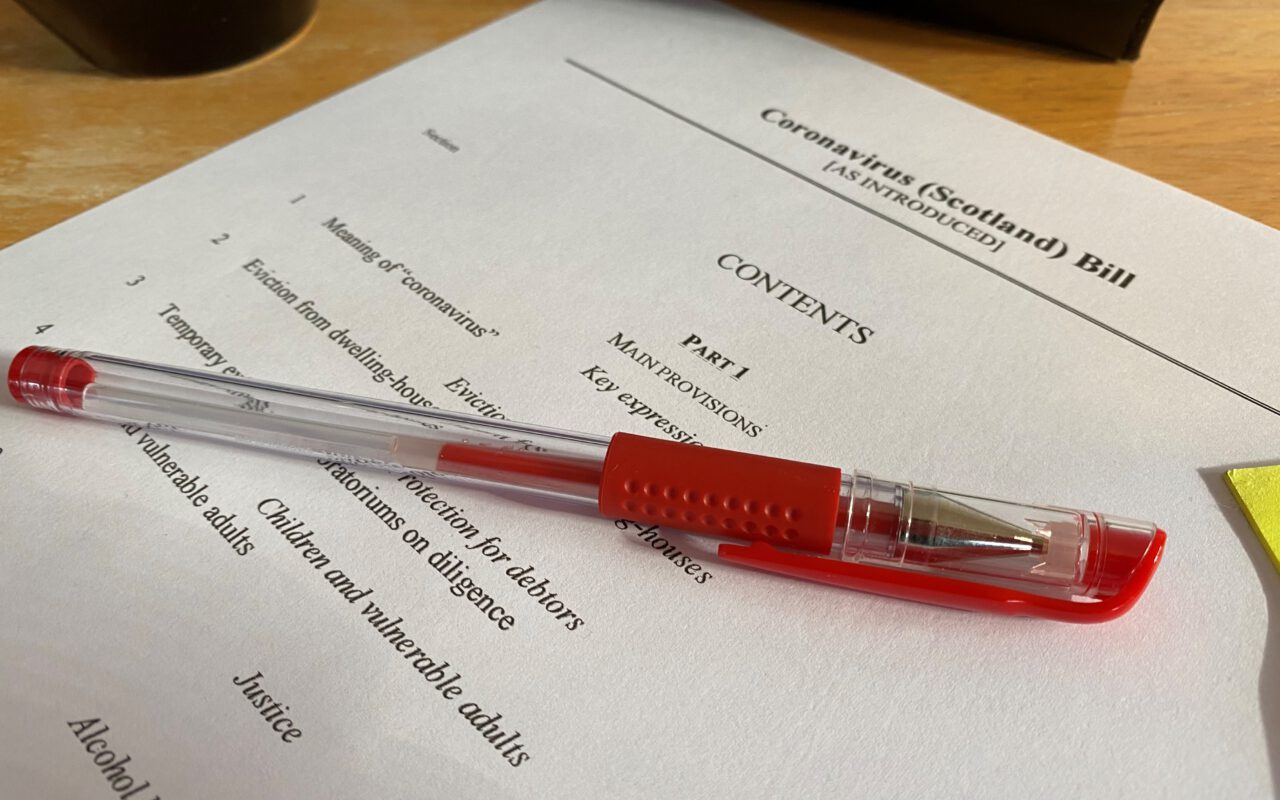The Power of Attorney finds itself in a somewhat uncomfortable position in the family of Scottish Deeds and legal documents. It can be viewed, unfairly I must add, as the untrustworthy brother of the Will. Both are quite distinct animals, however. While the Will comes to life after you depart this mortal coil, a Power of Attorney is very much a tool for the living and its usefulness cannot be understated.
I bracket a Power of Attorney with a Will as it quite often crops up in conversations that I have with clients regarding their estate planning. Often people have heard that it can do this or that but those that mention it often do so with trepidation.
The Office of the Public Guardian has managed to produce one of, if not the most informative website of all government bodies. Its Power of Attorney section can be found here. It is to their credit that clients often come to my office forearmed with information. However, for every well-informed person I meet, there are others that have heard horror stories; that it can be the key to the door of the care home closing behind friends or relatives and it is for that reason that it is a document eyed nervously by some.
So let me attempt to dispel the myths surrounding Powers of Attorney.
Why Do I need a Power of Attorney?
At the moment, you probably don’t is the short answer. But in the future you might.
I often describe Powers of Attorney as a “safety net”. It is a document that you hope you never have to use but you are glad it’s there if you do require it.
A Power of Attorney appoints someone that you trust (your Attorney) to manage either your financial affairs (a Continuing Attorney) or to take decisions regarding your personal welfare (a Welfare Attorney) or both (a Combined Power of Attorney).
In many respects you are appointing an executor for the living. Your Continuing Attorney could be someone who will go to the bank for you if you can’t manage, pay bills for you if you’d prefer to avoid the hassle or sign Deeds relating to your home.
Amongst other things, your Welfare Attorney can make decisions regarding what medical treatment you should receive, what activities you should participate in and what support you require whether living in your own home or elsewhere.
But I don’t want someone else taking control of my life
Speaking as an uncomfortable passenger, I entirely understand why one would be wary of passing power to another, albeit in most cases a trusted family member. This power is not, however, unconstrained.
Your Welfare Attorney is powerless to make any decisions unless you have lost capacity to make decisions to safeguard your own welfare. This can happen as a result of illness or disease. Before you can appoint a Welfare Attorney you must decide who is to judge your capacity. For some this will be their Attorney while others will prefer the roles of judge, jury and executioner to be spread. In that case a third party such as a trusted doctor can be the arbiter of “capacity”.
If you are in the position of being adjudged to lack capacity and you consider that not to be the case then the law provides avenues of complaint to the Local Authority and the Mental Welfare Commission.
What Happens if I Don’t Have a Power of Attorney?
If circumstances dictate that you can no longer manage your finances or safeguard your welfare and you do not have an Attorney appointed to “step into your shoes” then there are a range of options available. Access to bank accounts can be achieved through “Access to Funds” applications, social workers are given certain powers by law and there are more formative steps that can be taken such as Guardianship and Intervention Orders though these require applications to be made to the Court.
When someone does not appoint a trusted person to take up the reigns both financially and in relation to an individual’s welfare then the law quite rightly preaches caution. Steps have to be taken to ensure that the person seeking access to finances or decision making powers is an honest and trustworthy person and this means that by their very nature the alternatives to a Power of Attorney have either an element of intrusion, appear to the outsider as cumbersome or require time consuming due diligence. This can be problematic especially where decisions need to be taken quickly.
Is it not something for when I’m a bit older?
No one can predict the future. It would make planning far simpler if we could. There is an argument to be made that everyone should name an Attorney to step into their shoes if the circumstances require it. If you ask any trapeze artist, it is always better to choose the people holding your safety net than leave it to chance.
If you wish more detailed advice regarding power of attorney then please contact Craig Brown (craigb@patten.co.uk), Lynn Rayner (lynnr@patten.co.uk) or Bill Mitchell (billm@patten.co.uk)








